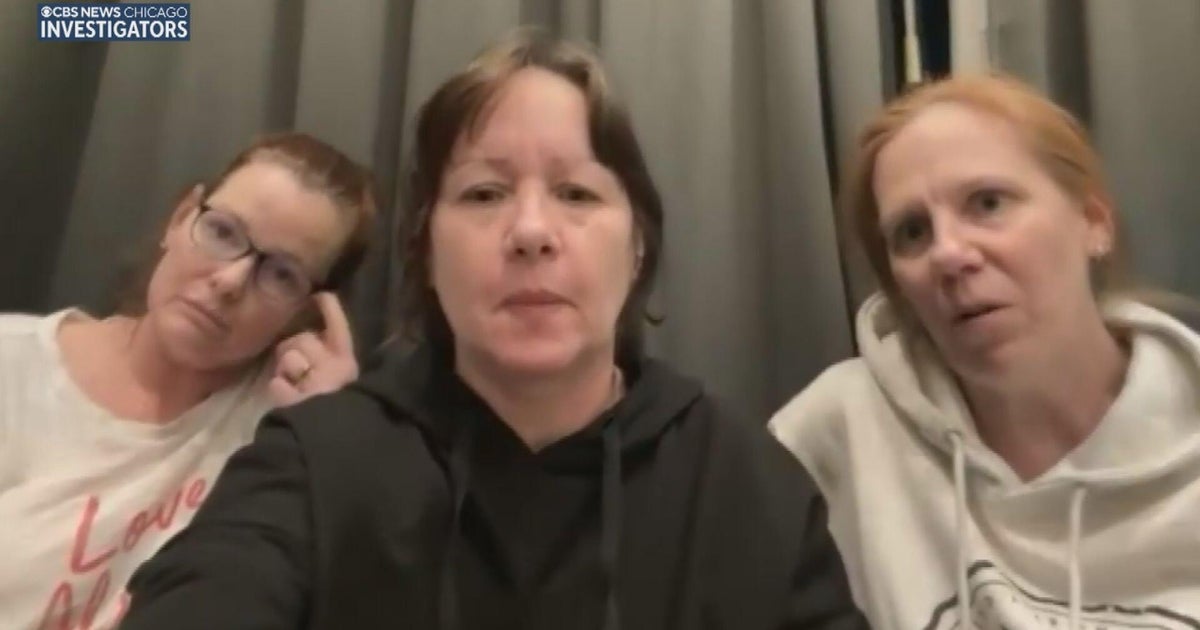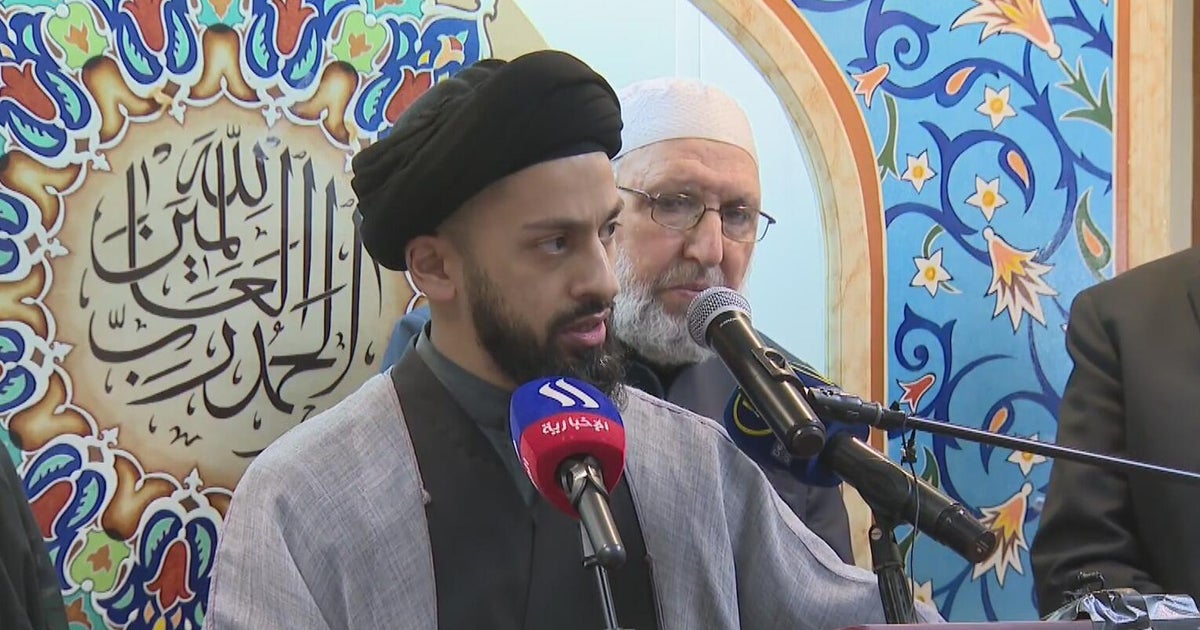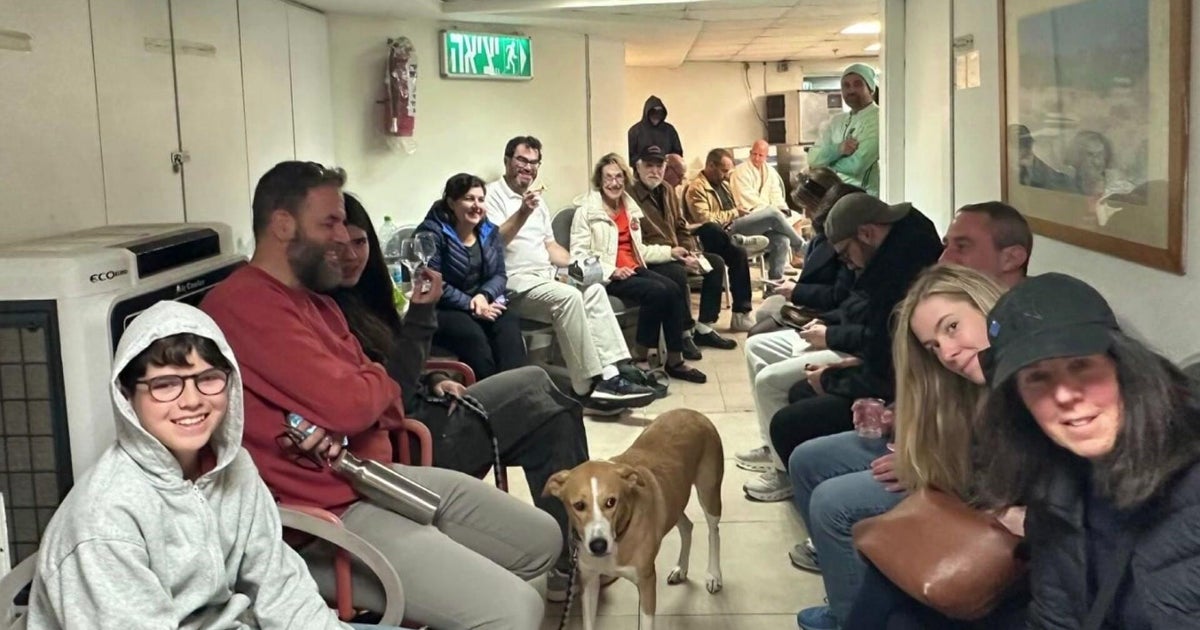Author of 'The Inclusive Language Field Guide' explains how to talk about sensitive topics
OAKLAND (KPIX) - The conflict in the Middle East, controversial votes at local school board meetings, and the polarizing direction of the 2024 presidential election is expected to add to divisive language in society.
So, the author of the new book, "The Inclusive Language Field Guide," said there has never been a more urgent time to change the way we speak to each other and be more intentional with our words.
"When I say inclusive language, I mean not a long a list of words; here's what you should say; here are good words; and here's another long list of words; here are bad words," said Suzanne Wertheim, Ph.D., author of the book. "I don't mean that at all."
Dr. Wertheim has spent more than 20 years studying and researching interactions related to language, power and identity. She got her doctorate in linguistics at UC Berkeley and now lives in Oakland. Her book outlines six principles for more inclusive language.
"Every person who's born is set up for bias and you have to work to remove the bias," she told KPIX. "It's time to make yourself a little uncomfortable and go find the new sources that are from other countries, from the other location, because you might learn things that surprise you."
Inclusive language is like a foreign language to many, requiring regular practice and education to become comfortable with it in daily use. Her six principles — reflect reality, show respect, draw people in, incorporate other perspectives, prevent erasure, recognize pain points — are meant to build on each other.
"Going as granular as possible for behavior, instead of labels describing a person as a kind of a person, talking about the specifics of the things that they're doing," Wertheim said about the language to use on divisive topics.
The concepts can be applied to international conflicts like the current war between Israel and Hamas as well as community challenges like bans and curriculum changes voted on by school boards.
"The more that we can have a discussion that talks about a person and another person, I'm this kind of child, and this is my experience in school," she said intending to imply a contrast with other families.
It's a similar approach for difficult topics new and old that Wertheim believes will remain relevant in the future with a presidential election next year. She said whether local or global, the crucial part is always holding each side to the same standard regardless the issue.
"What I'd like to do again is separate the behavior from the identity, anyone should be able to dissent, anyone should be able to call out a problem," Wertheim added.







